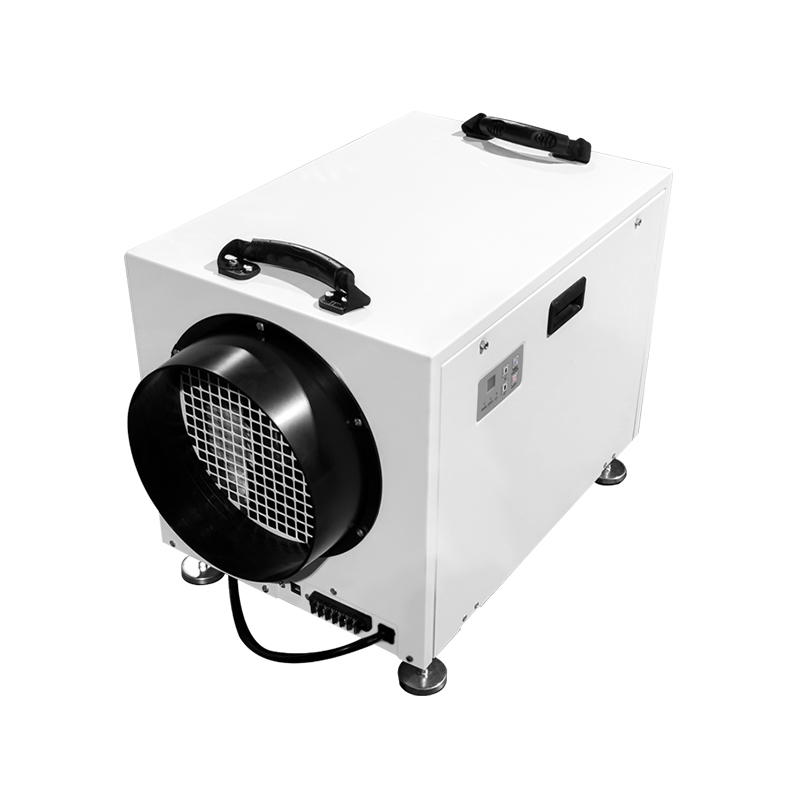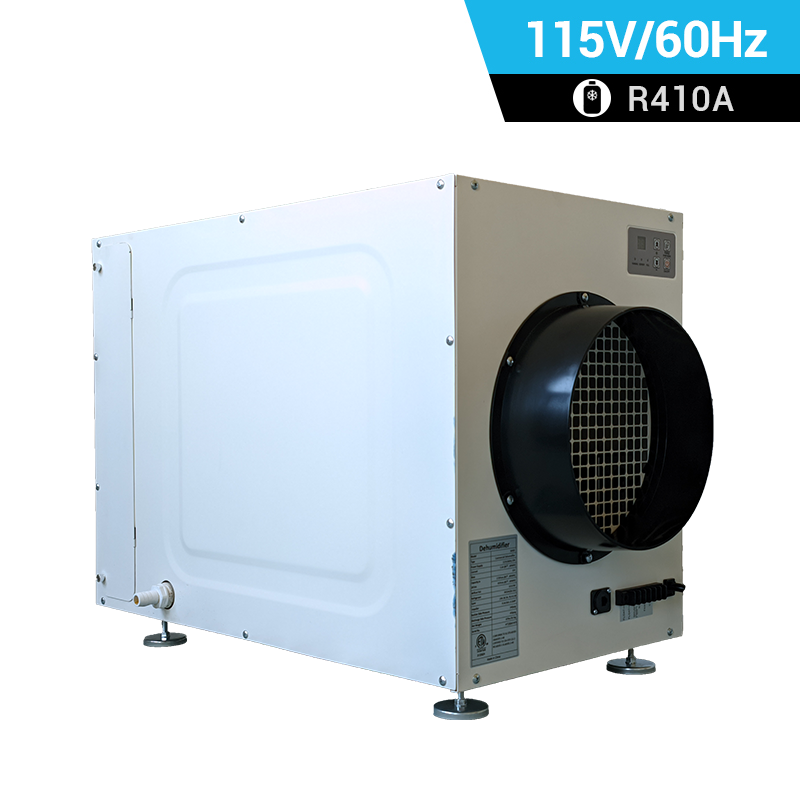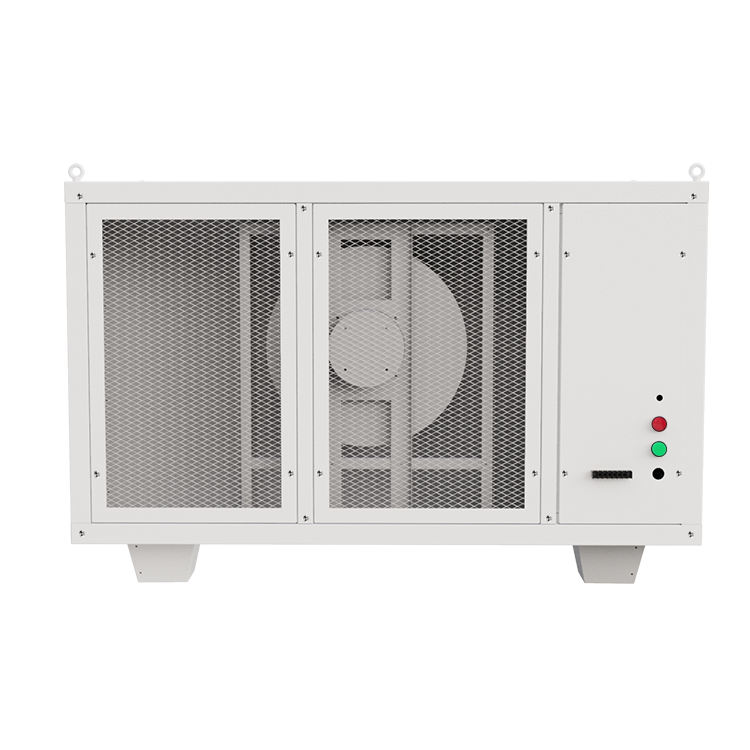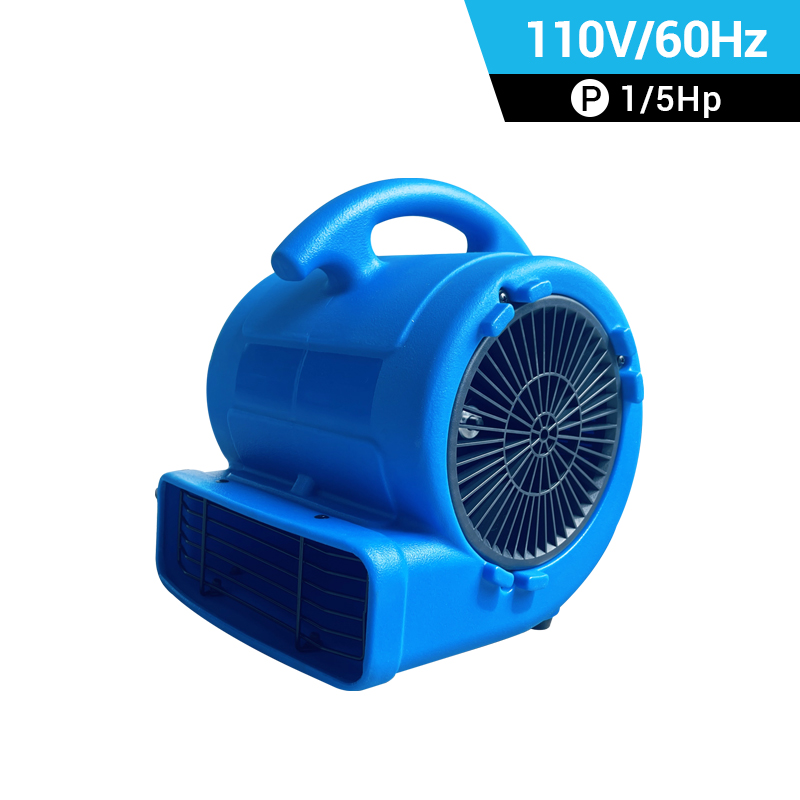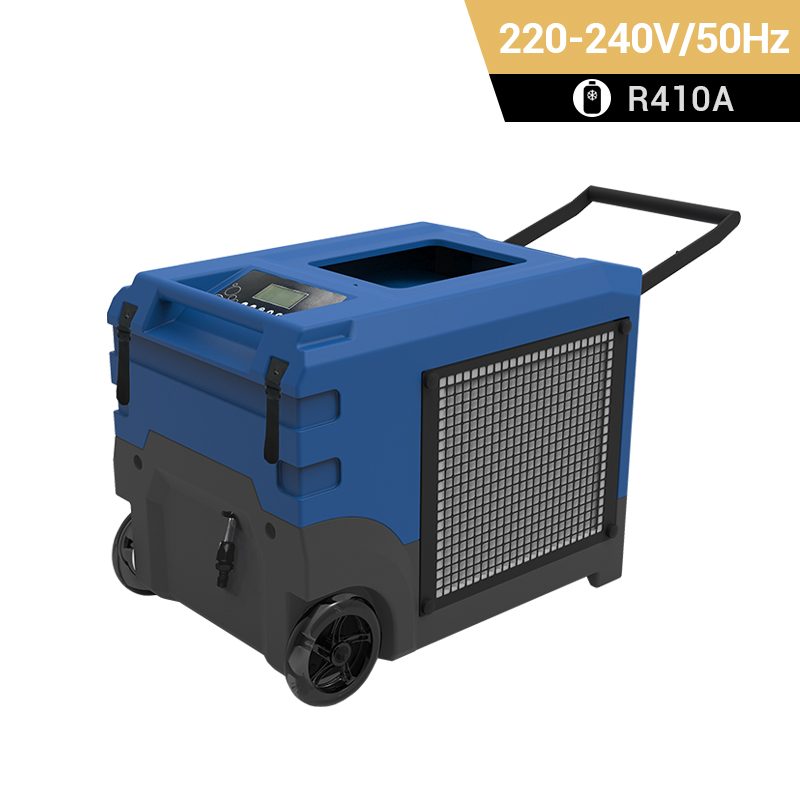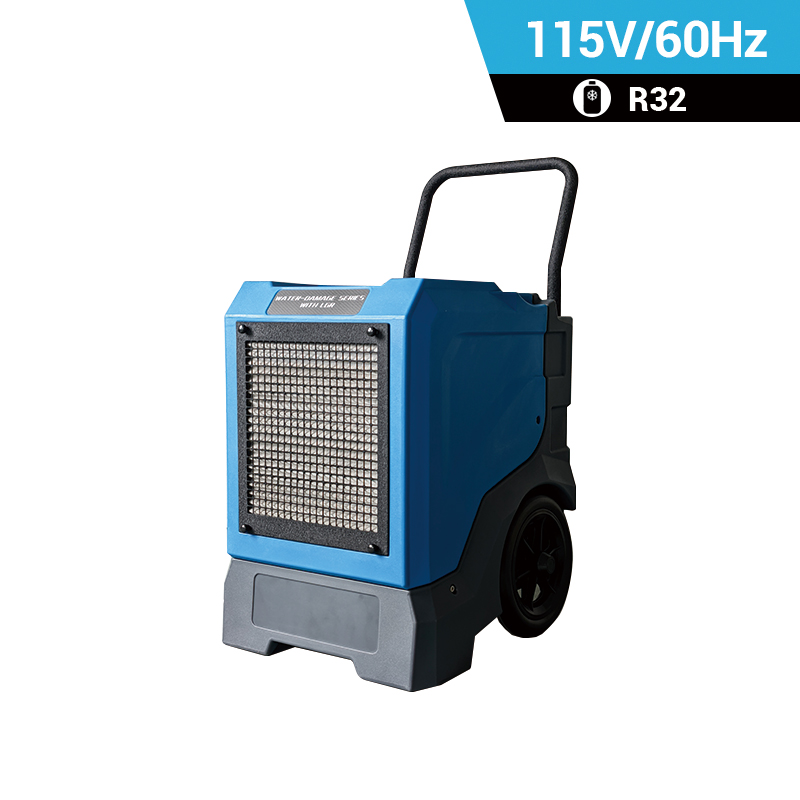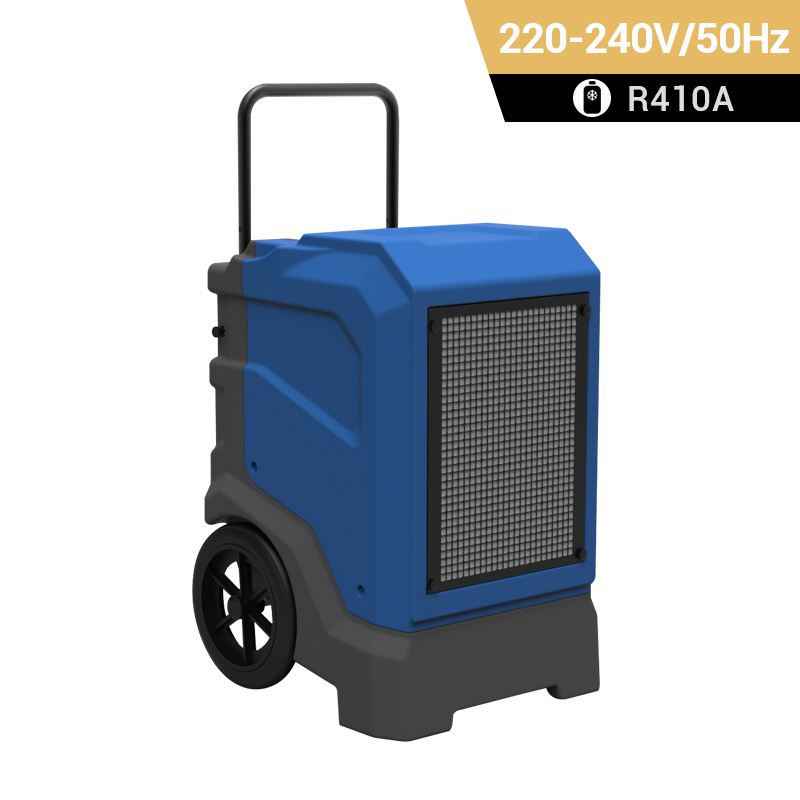 +86-13376814803
+86-13376814803  robert@hzhongtai.com
robert@hzhongtai.com
Industrial Dehumidifier For Sale
In the food industry, controlling humidity is crucial for maintaining product quality, preventing spoilage, and ensuring food safety. Large-capacity dehumidifiers play a significant role in creating optimal storage conditions for various food products. When selecting a dehumidifier for the food industry, consider the following features:
-
Capacity and Coverage:
- Choose an industrial dehumidifier with a capacity suitable for the size of the food storage area. Consider the volume of the space and the specific moisture removal needs of the products being stored.
-
Humidity Control:
- Opt for a dehumidifier with precise humidity control settings. Different food products may require specific humidity levels for optimal storage, and having control over this parameter is essential.
-
Energy Efficiency:
- Select an energy-efficient model to minimize operational costs. Energy efficient dehumidifiers can help reduce overall expenses in large-scale industrial settings.
-
Airflow and Distribution:
- Ensure that the dehumidifier has sufficient airflow and distribution capabilities to cover the entire storage facility. Proper air circulation is essential for maintaining consistent humidity levels.
-
Temperature Control:
- Some dehumidifiers come with integrated temperature control features. Maintaining the right temperature alongside humidity control is important for preserving the quality of food products.
-
Condensate Removal:
- Consider a dehumidifier with an effective condensate removal system. Options may include automatic drainage or the integration of pumps to handle large amounts of collected water.
-
Hygienic Design:
- Choose a dehumidifier with a design that meets food industry hygiene standards. Stainless steel or corrosion-resistant materials are often preferred for easy cleaning and to prevent contamination.
-
Air Filtration:
- Select a dehumidifier with high-quality air filtration systems to improve air quality within the storage facility. This is important for maintaining a clean environment and preventing the spread of contaminants.
-
Remote Monitoring and Control:
- If possible, choose a dehumidifier with remote monitoring and control capabilities. This allows for convenient monitoring and adjustment of humidity levels from a central location.
-
Maintenance Accessibility:
- Opt for a dehumidifier for food with easily accessible components for regular cleaning and maintenance. Regular upkeep is crucial for ensuring the longevity and efficiency of the unit.
-
Compliance with Food Safety Standards:
- Verify that the dehumidifier complies with relevant food safety standards and regulations. This ensures that the unit is suitable for use in food processing and storage areas.
-
Security Features:
- Consider security features such as tamper-resistant controls to prevent unauthorized access to the dehumidifier settings.
-
Integration with HVAC Systems:
- Some industrial dehumidifiers can be integrated into existing heating, ventilation, and air conditioning (HVAC) systems for enhanced control over environmental conditions.
-
Durability:
- In a demanding industrial environment, durability is key. Choose a dehumidifier with robust construction and components that can withstand the conditions of the food industry.
Before making a purchase, it's advisable to consult with experts in industrial dehumidification or food safety to ensure that the selected unit meets the specific needs and regulations of the food industry.
Related Products




